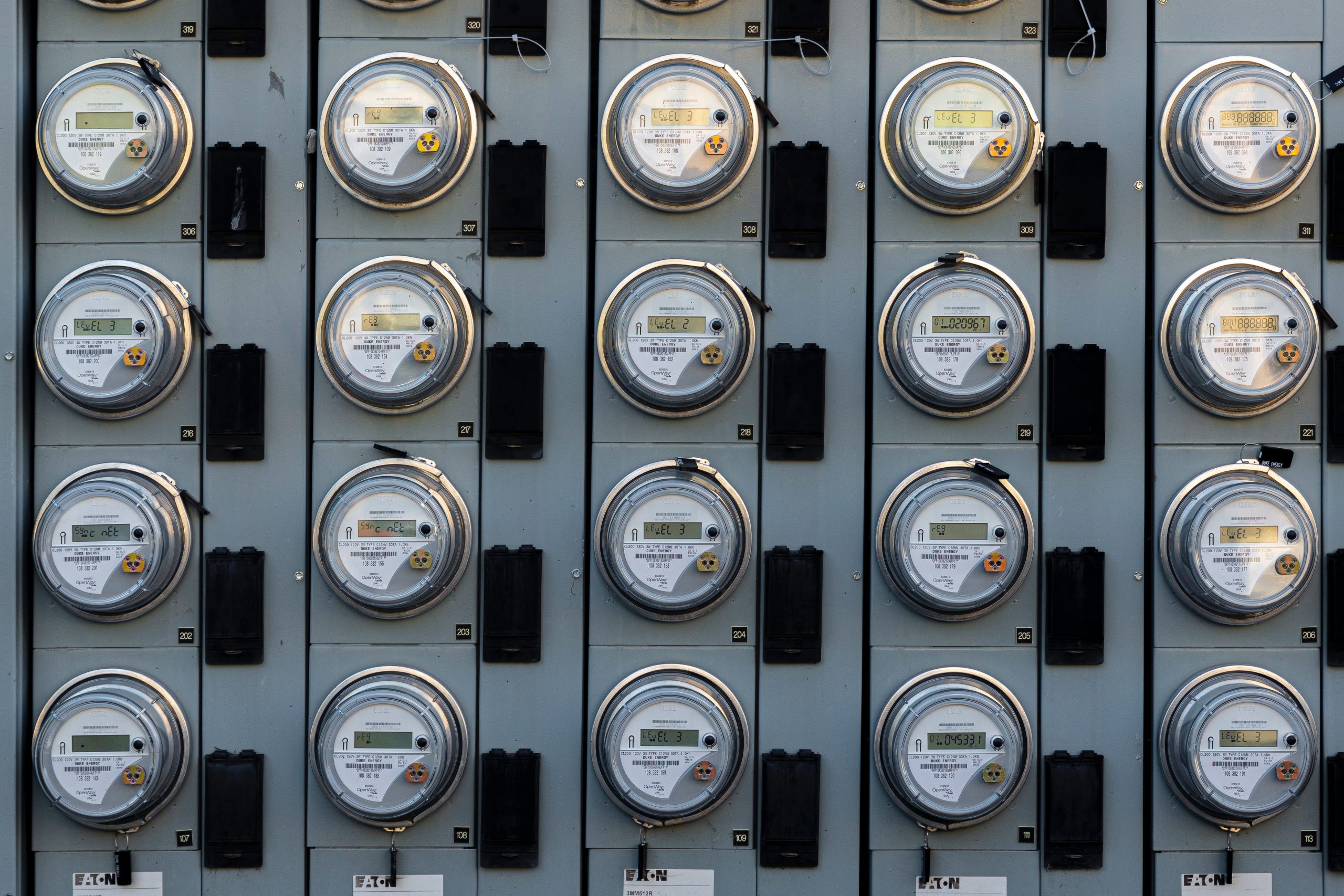Few things are as important as the safety and security of your home. This comprehensive guide is designed to help homeowners protect their family, property, and peace of mind from intruders, fire, and other emergencies. We’ve compiled this home security checklist, broken down into key categories, to ensure you have all the information needed to safeguard your home effectively.
Table of Contents
- Exterior Home Security
- Window and Door Security
- Vacation Preparation
- Other Home Security Considerations
Exterior Home Security
1. Properly Light Your Home’s Exterior
- Importance: A well-lit exterior deters burglars by reducing hiding spots.
- Action Steps:
- Replace light bulbs around the house.
- Install flood lights.
- Place path lights along walkways.
- Consider smart lighting systems for remote control and motion activation.
2. Trim Landscaping Along Windows and Doors
- Importance: Overgrown shrubs and trees provide cover for intruders.
- Action Steps:
- Keep shrubs and bushes below window level.
- Trim trees and bushes regularly to maintain clear sightlines.
3. Move Valuables from Window Views
- Importance: Visible valuables can entice burglars.
- Action Steps:
- Rearrange furniture to keep expensive items out of direct view.
- Use window coverings like top-down bottom-up shades.
4. Ensure House Address is Visible
- Importance: A clear house number helps emergency responders locate your home quickly.
- Action Steps:
- Ensure house numbers are not obstructed by vegetation or damaged.
- Replace faded or broken house number signs.
Window and Door Security
1. Inspect Windows and Exterior Doors for Damage
- Importance: Windows and doors are primary entry points for burglars.
- Action Steps:
- Regularly check for signs of damage.
- Upgrade to advanced locks and sturdy door materials.
- Consider impact-resistant and high-security windows.
2. Ensure Sliding Glass Doors Have Proper Locks
- Importance: Sliding doors can be vulnerable.
- Action Steps:
- Install secondary locking mechanisms.
- Use dowels or security bars to prevent sliding doors from being forced open.
3. Inspect and Use Window Locks
- Importance: Windows are often left unlocked.
- Action Steps:
- Regularly inspect window locks for damage.
- Upgrade to more secure locks if necessary.
- Ensure all windows are locked when not in use.
4. Install a Wide-Angle Peephole
- Importance: Improves visibility of visitors at your door.
- Action Steps:
- Install a wide-angle peephole to get a broader view of your doorstep.
5. Check All Locks and Entry Points Nightly
- Importance: Ensures all potential entry points are secure.
- Action Steps:
- Regularly check that all windows, doors, mail slots, pet doors, and garage doors are locked.
- Store valuables in a safe or other secure location.
Vacation Preparation
1. Arrange for Incoming Mail While on Vacation
- Importance: An overflowing mailbox signals an empty home.
- Action Steps:
- Have the post office hold your mail.
- Ask a neighbor, friend, or relative to collect your mail regularly.
2. Use Light Timers When Traveling
- Importance: Lights that are always on can indicate an empty home.
- Action Steps:
- Install timers on your lighting systems.
- Use smart devices to control lights remotely.
Other Home Security Considerations
1. Install a Home Security System
- Importance: Provides comprehensive security coverage.
- Action Steps:
- Choose between DIY and monitored security systems.
- Install doorbell cameras, motion lighting, alarm sensors, and smart fire detectors.
2. Check Smoke Detectors and Fire Extinguishers
- Importance: Essential for fire safety.
- Action Steps:
- Install smoke alarms in every bedroom, outside sleeping areas, and on every level of your home.
- Test smoke detectors monthly and replace batteries annually.
- Replace smoke detectors every 10 years.
- Invest in quality fire extinguishers and conduct regular tests.
3. Keep Valuables Stored Securely
- Importance: Protects valuable items from theft.
- Action Steps:
- Store jewelry, identification, credit cards, and important documents in a locked safe.
- Keep firearms unloaded and in a locked rack or safe.
4. Have an Emergency Plan
- Importance: Ensures family safety during emergencies.
- Action Steps:
- Create fire escape plans, storm safe rooms, and intruder exit paths.
- Establish a nearby meetup location for emergencies.
By following this comprehensive home security checklist, you can significantly enhance the safety and security of your home. For more detailed advice or personalized assistance, Casability is here to help you every step of the way. Stay safe and secure!

